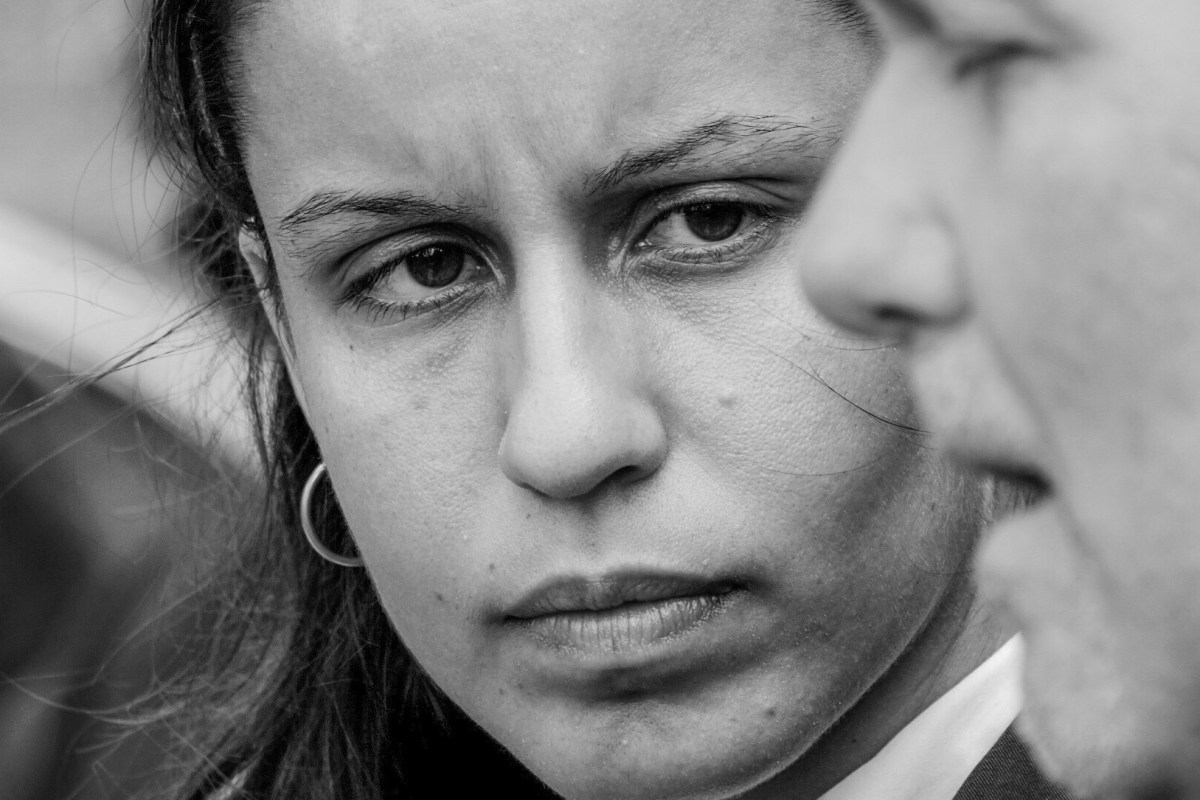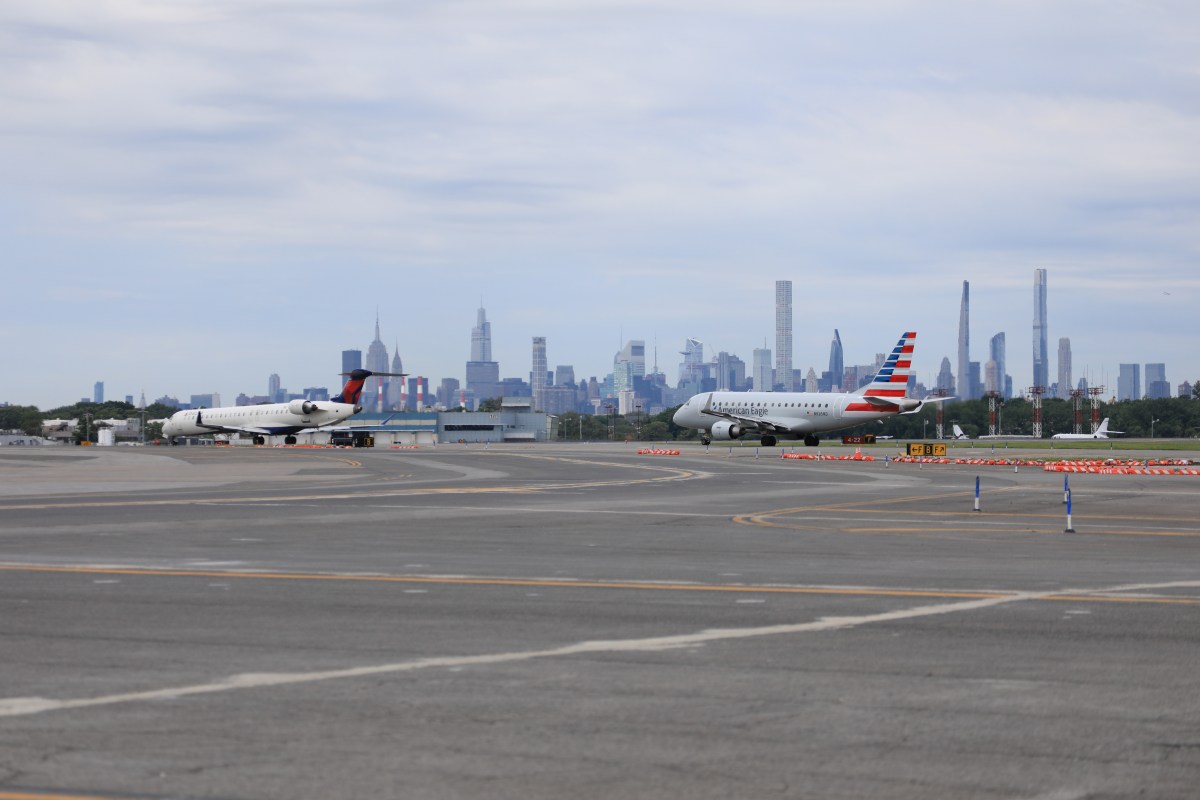The momentum of 2018 almost drove New York progressives to another major breakthrough in 2019, an otherwise quiet electoral year.
The Democratic primary for Queens district attorney brought what should have been a simple local election to the national level — and not just because of who was running.
Unlike the rise of Congresswoman Alexandria Ocasio-Cortez, the combined effort by the Working Families Party and Democratic Socialists of America to elect what would have been the most progressive prosecutor in the nation fell short by tens of votes.
An out-of-left field battle for justice reform
If Ocasio-Cortez’ victory was “A New Hope” for progressives, then Tiffany Cabán’s ultimate loss to the Democratic establishment in Queens felt like “The Empire Strikes Back,” as described by some of her supporters.
Queens Borough President Melinda Katz was looked upon as the heavy favorite to win the race to succeed the late Queens District Attorney Richard A. Brown. (Brown died in May and was replaced by acting DA John Ryan, who didn’t run for the seat).
Katz was the Queens County Democratic Party favorite, but no one in the party expected the knock-down, drag-out fight that would ensue against Cabán, a 31-year-old public defender.
Cabán’s radical decarceral platform elevated the Queens DA race to a national story and even earned her the endorsements of presidential candidates, Elizabeth Warren and Bernie Sanders. In the weeks leading up to the election, she would sweep up financial support from across the nation and it would make her a key choice at the ballot boxes.
When the polls closed on primary night, June 25, Cabán was the presumptive winner, with an 1,100 vote lead on Katz. But the borough president would not concede, and instead insisted that thousands of paper ballots be counted.
The count happened a week later, and stunningly, Katz wound up ahead of Cabán by just 20 votes. The paper-thin margin triggered an automatic recount of all ballots. The saga concluded in August with Katz winding up defeating Cabán by only 55 ballots.
Katz then went on to beat Joe Murray in the Nov. 5 general election. She’ll become on New Year’s Day the first new Queens district attorney in 28 years.
Special election on the horizon
To do that, Katz will resign as borough president — triggering a big special election in the weeks to come to fill the seat for the remainder of 2020.
Councilmen Jimmy Van Bramer, Costa Constantinides, Donovan Richards, Assemblywoman Alicia Hyndman, along with, former Councilwoman Elizabeth Crowley and retired President of the Latino Officers Association Anthony Miranda, have already declared their candidacies for borough president.
Mayor Bill de Blasio will announce the date for the special election to take place at some point in 2020.
A Public Advocate stampede
When 17 candidates lined up to fill the vacancy in the Public Advocate’s office left by Letitia James when she assume the role of Attorney General, one of the arguably most progressive candidates managed stood out to voters.
Jumaane Williams, recruited to run for City Council by the Working Families Party in 2009, went head-to-head with Councilman Eric Ulrich in the race many admonished as a competition for term-limited politicians to maintain a paycheck.
Williams and Ulrich were among a numerous candidates who are part of the majority of city council members in the chamber whose term expires in 2021, namely former Council Speaker Melissa Mark-Viverito
Williams brushed aside the competition in February and defeated Staten Island Republican Councilman Joe Borelli in the November general election to retain the public advocate’s seat through 2021.
President Bill de Blasio? Nah.
A political highlight that resonated for New Yorkers across all five boroughs was perhaps the de Blasio’s run for president of the United States which fell apart amid scrutiny and lack of momentum.
The mayor took many by surprise and qualified for the first Democratic national debate in August, which required over 60,000 individual donors, just weeks after announcing his bid.
But after four months in the running, unable to break 1 percent in most primary polls, de Blasio officially backed out of the primary race.
Some missteps in his quest for the presidency included use of the term “ConDon” as a nickname for President Donald Trump, which he later dropped after learning it was Spanish for condom, as well as quoting Che Guevara to a group of Cubans in Florida who did not receive the reference to a Fidel Castro associate with a warm welcome.
In the end, de Blasio told the hosts MSNBC’s Morning Joe “it’s clearly not my time.”


































